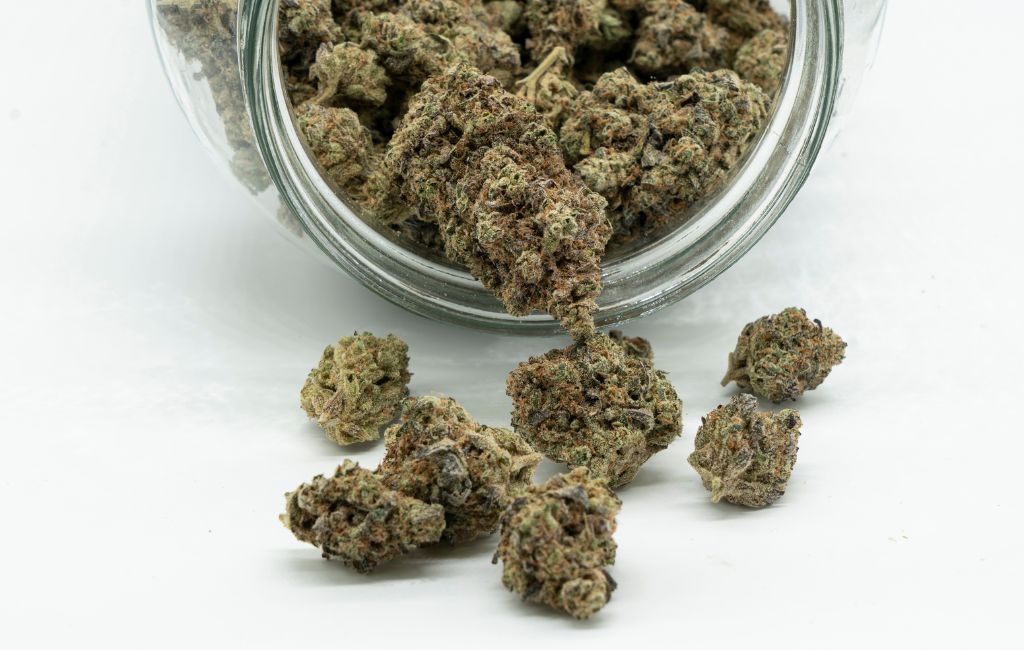Embracing Herbal THCa Wellness
In recent years, the interest in natural wellness solutions has surged, with many individuals seeking alternatives to traditional pharmaceuticals. Among these natural options, THCa, a non-psychoactive compound found in cannabis, has gained attention for its potential health benefits. This article explores the world of herbal THCa wellness, examining its properties, benefits, and how it can be integrated into a holistic lifestyle.
Understanding THCa
THCa, or tetrahydrocannabinolic acid, is a cannabinoid found in raw cannabis plants. Unlike THC, the compound responsible for the psychoactive effects of cannabis, THCa does not produce a “high.” This makes it an appealing option for those interested in the therapeutic properties of cannabis without the mind-altering effects.
How THCa Works
THCa interacts with the body’s endocannabinoid system, which plays a role in regulating various physiological processes. By binding to specific receptors, THCa may influence functions such as mood, appetite, and pain perception. Research is ongoing, but preliminary studies suggest that THCa may offer several health benefits.
Potential Health Benefits of THCa
While research is still in its early stages, there is growing evidence to support the potential health benefits of THCa. Some of these benefits include:
- Anti-inflammatory Properties: THCa may help reduce inflammation, making it a potential option for individuals with conditions like arthritis.
- Neuroprotective Effects: Some studies suggest that THCa may protect brain cells, which could be beneficial for neurodegenerative diseases.
- Antiemetic Properties: THCa may help alleviate nausea and vomiting, offering relief for those undergoing chemotherapy or experiencing other conditions that cause these symptoms.
- Analgesic Effects: By interacting with pain receptors, THCa may help reduce pain perception.
Incorporating THCa into a Wellness Routine
For those interested in exploring THCa as part of their wellness journey, there are several ways to incorporate it into daily life. Here are some practical approaches:
Raw Cannabis Juicing
One of the most popular methods of consuming THCa is through raw cannabis juicing. By blending fresh cannabis leaves and buds, individuals can create a nutrient-rich juice that retains the THCa content. This method allows for easy absorption and can be combined with other fruits and vegetables for added flavor and nutrition.
THCa Tinctures and Oils
THCa tinctures and oils offer a convenient way to consume this cannabinoid. These products are typically made by extracting THCa from raw cannabis and suspending it in a carrier oil. They can be taken sublingually or added to food and beverages for a discreet and effective option.
Topical Applications
For those seeking localized relief, THCa-infused creams and balms can be applied directly to the skin. This method is particularly useful for addressing inflammation and pain in specific areas of the body.
Case Studies and Real-Life Examples
Several individuals have reported positive experiences with THCa, highlighting its potential as a natural wellness solution. For instance, a study conducted by the University of California found that patients with chronic pain experienced significant relief after incorporating THCa into their treatment regimen. Another case involved a patient with Parkinson’s disease who reported improved motor function and reduced tremors after using THCa products.
Statistics and Research Findings
Recent research has provided valuable insights into the potential benefits of THCa. A study published in the Journal of Clinical Investigation found that THCa exhibited anti-inflammatory properties in animal models. Additionally, a survey conducted by the American Cannabis Nurses Association revealed that 70% of respondents reported positive outcomes when using THCa for various health conditions.
Conclusion
Herbal THCa wellness presents a promising avenue for those seeking natural alternatives to traditional medicine. With its potential anti-inflammatory, neuroprotective, and analgesic properties, THCa offers a range of benefits without the psychoactive effects associated with THC. As research continues to unfold, more individuals may find value in incorporating THCa into their wellness routines, whether through juicing, tinctures, or topical applications. By embracing this natural compound, individuals can explore new possibilities for enhancing their overall well-being.
